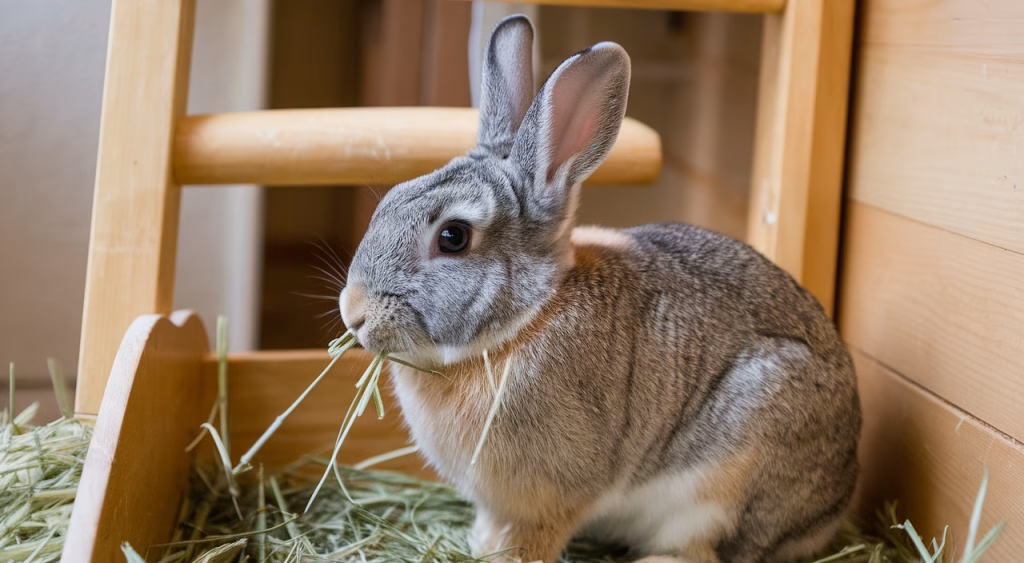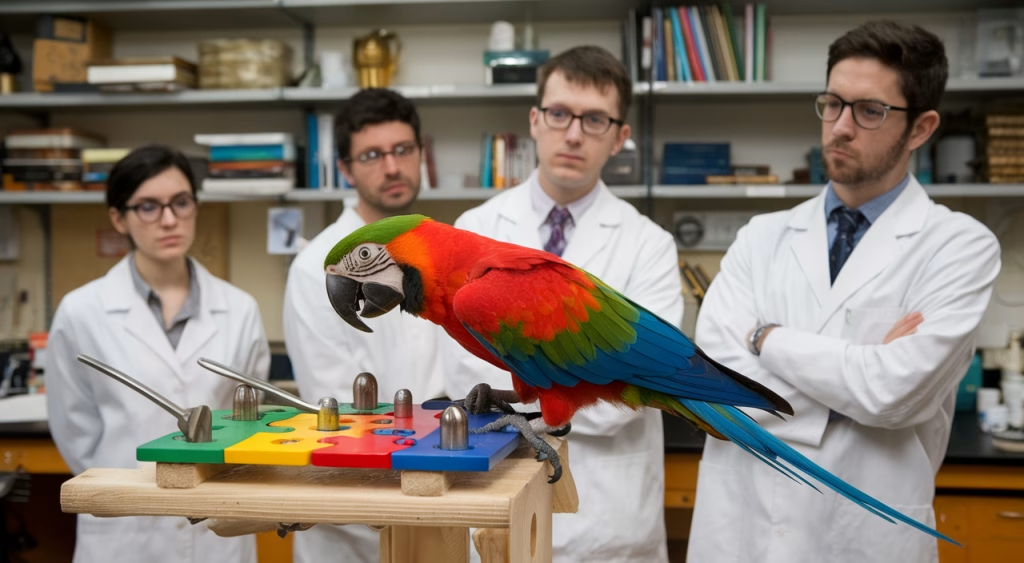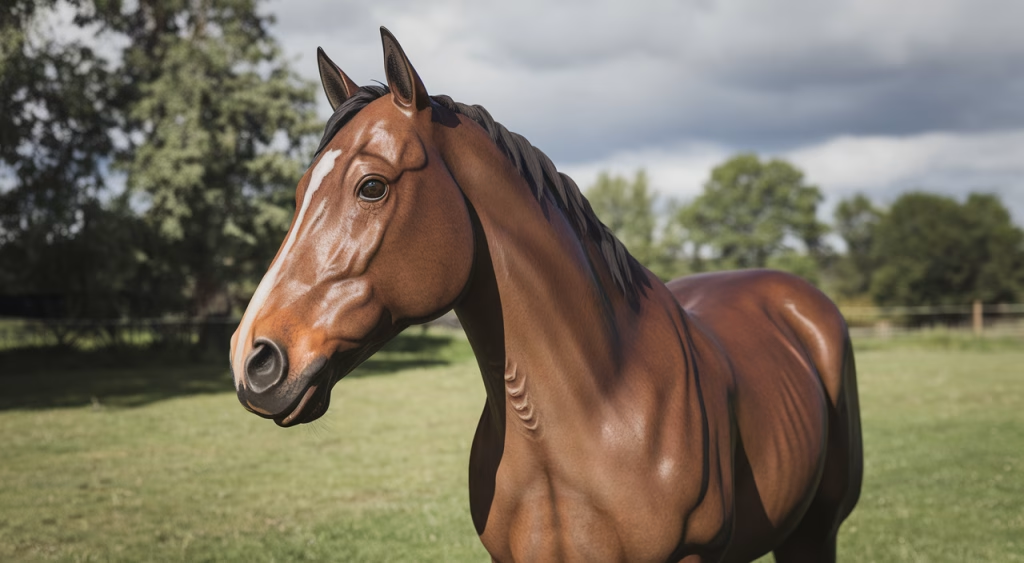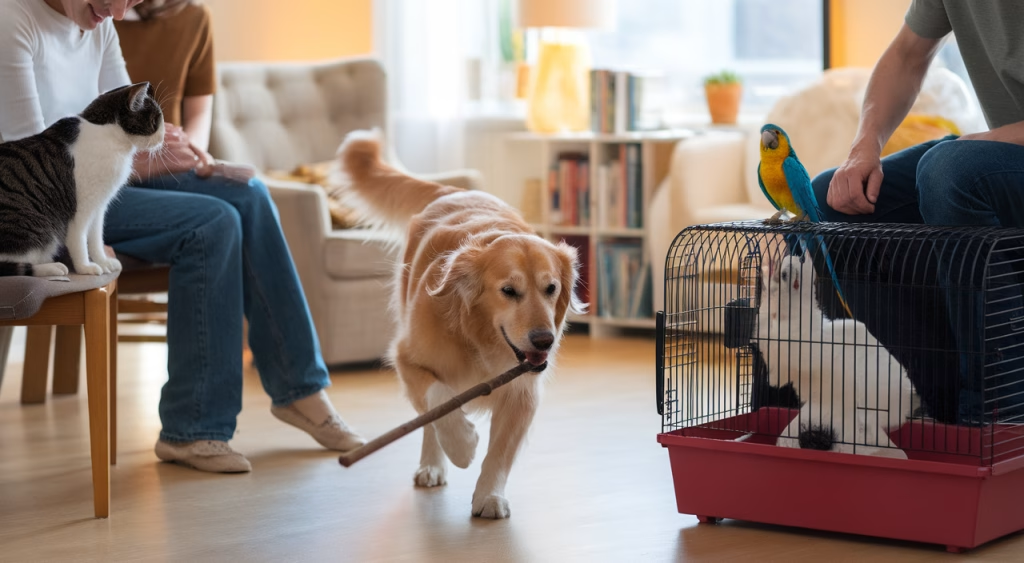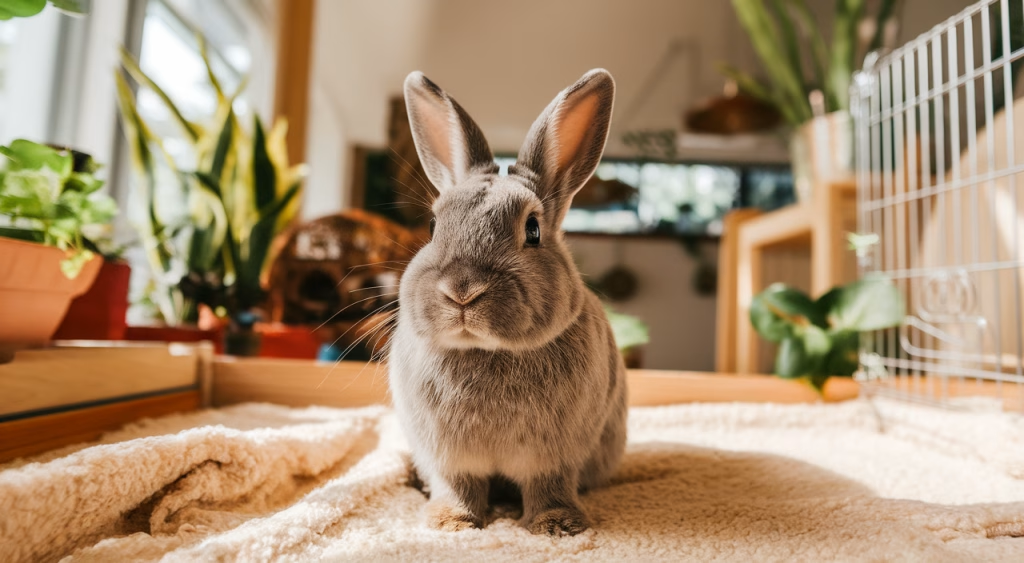Understanding horse facial expressions is essential for anyone who works with or loves horses. With 17 scientifically recognized expressions, horses communicate complex emotions through subtle cues. This guide helps you decode those expressions and deepen your connection with your equine companion.
Learn how to read horse facial expressions accurately
Discover the emotional meanings behind equine expressions
Connect real-world horse behavior to scientific findings
Whether you’re a horse owner, vet, trainer, or researcher, understanding equine emotions boosts trust, improves care, and even enhances safety through better animal communication.

